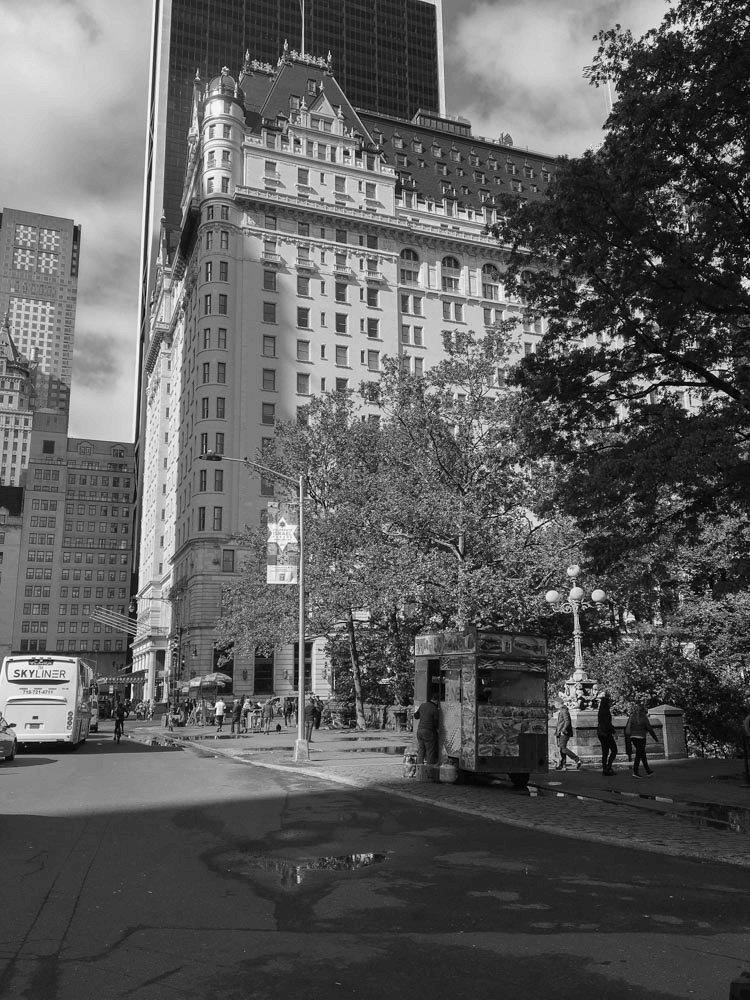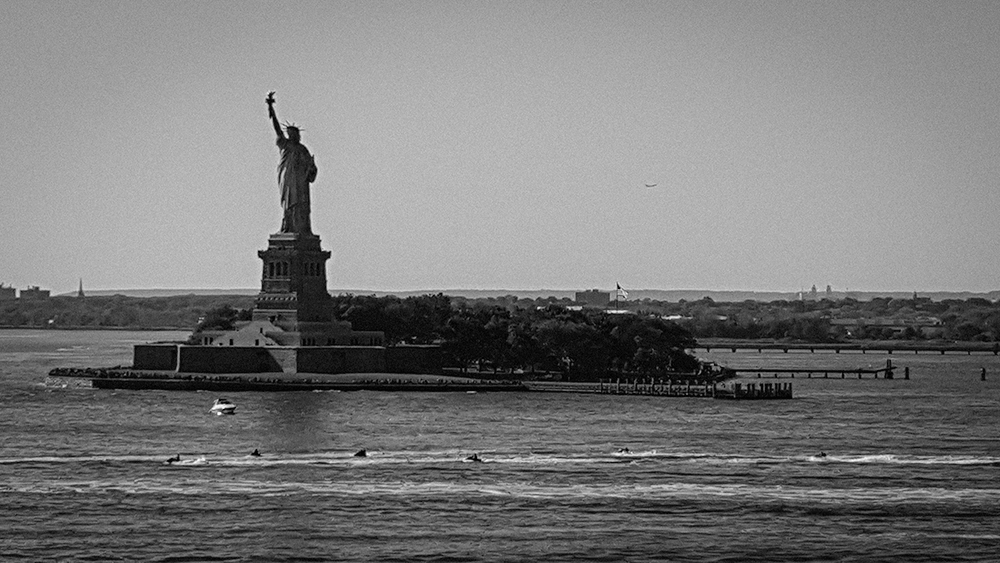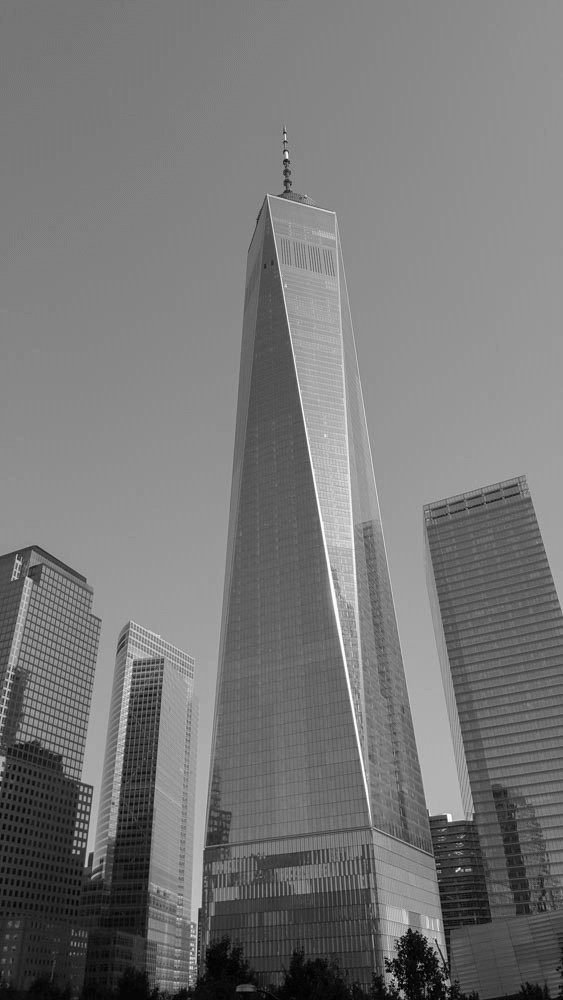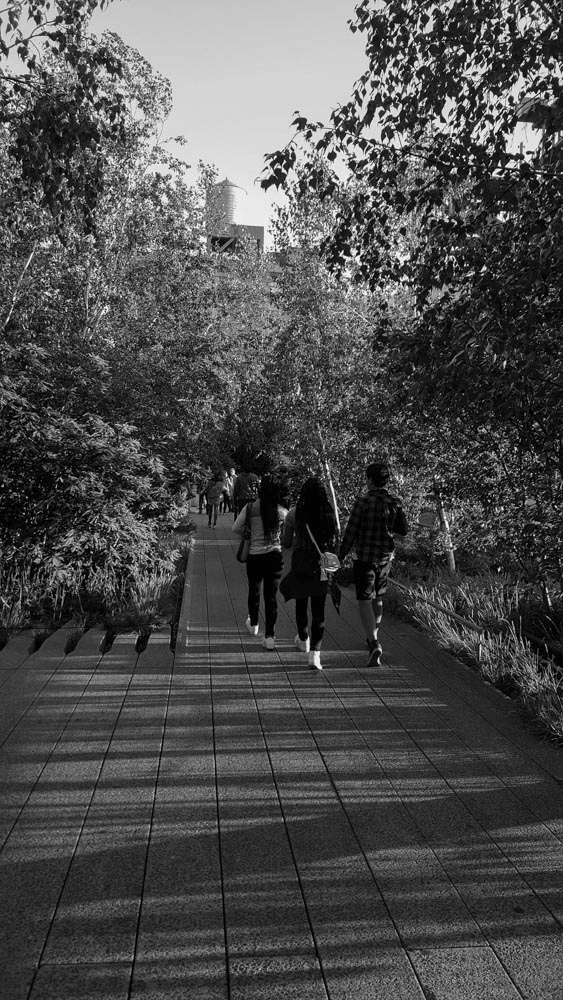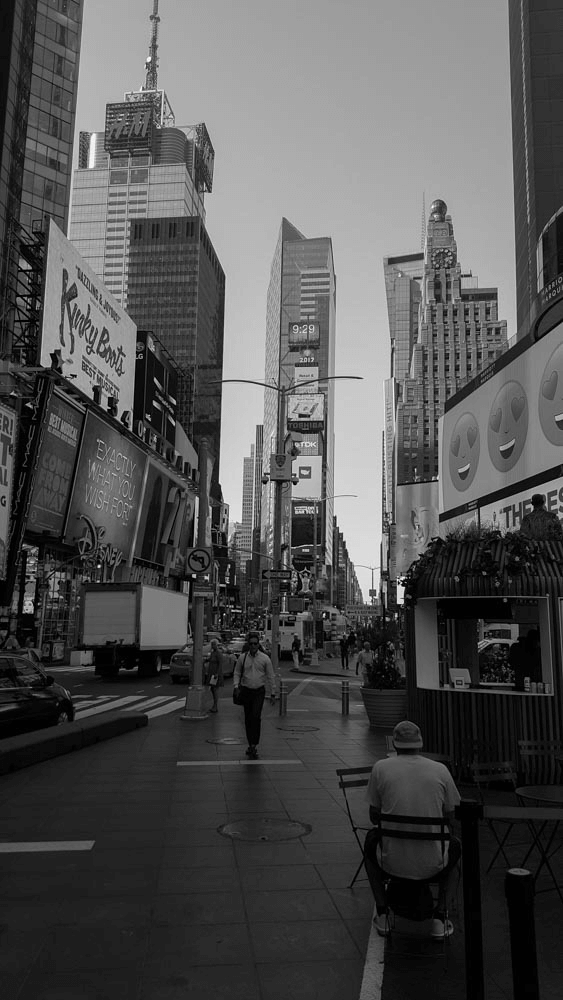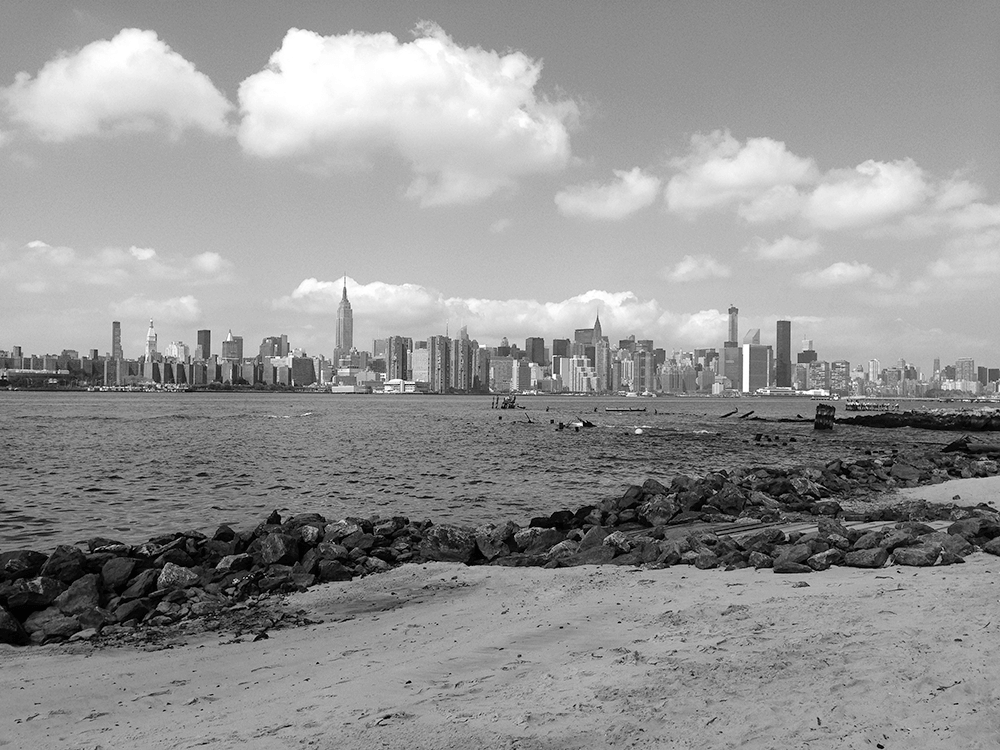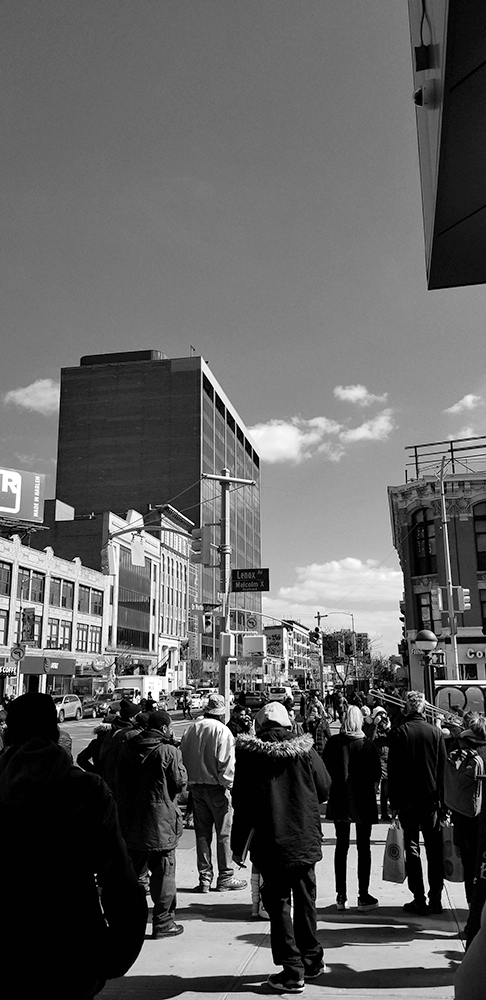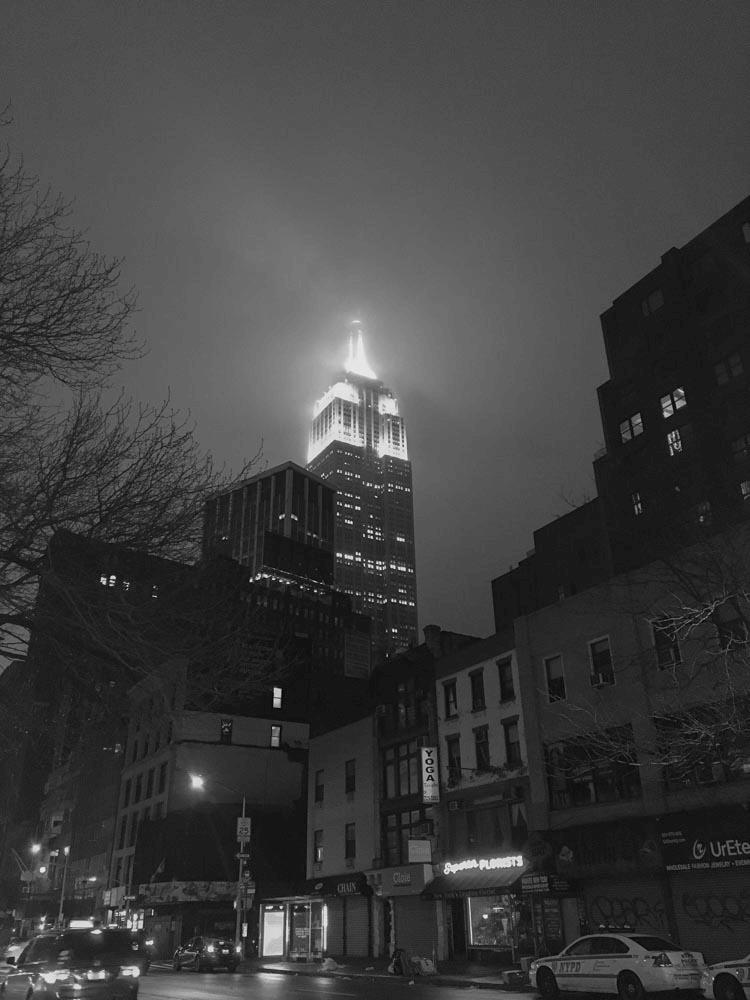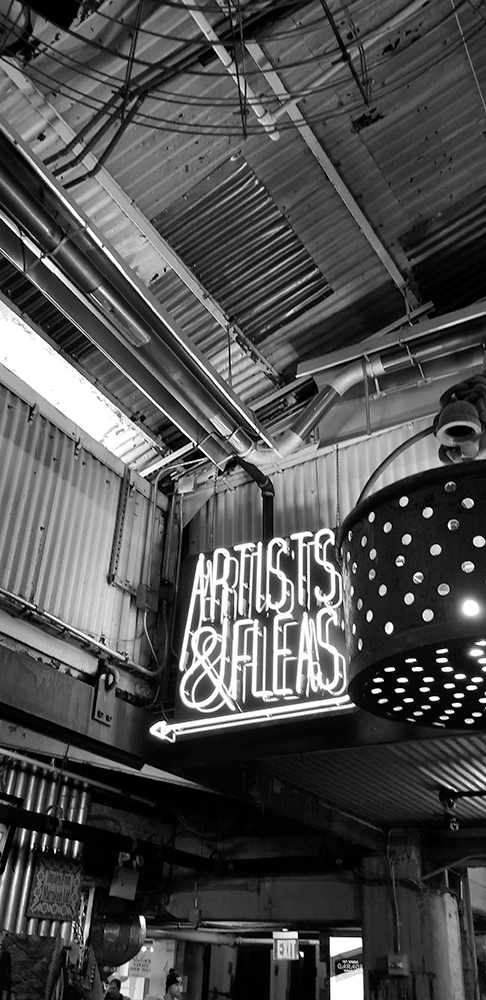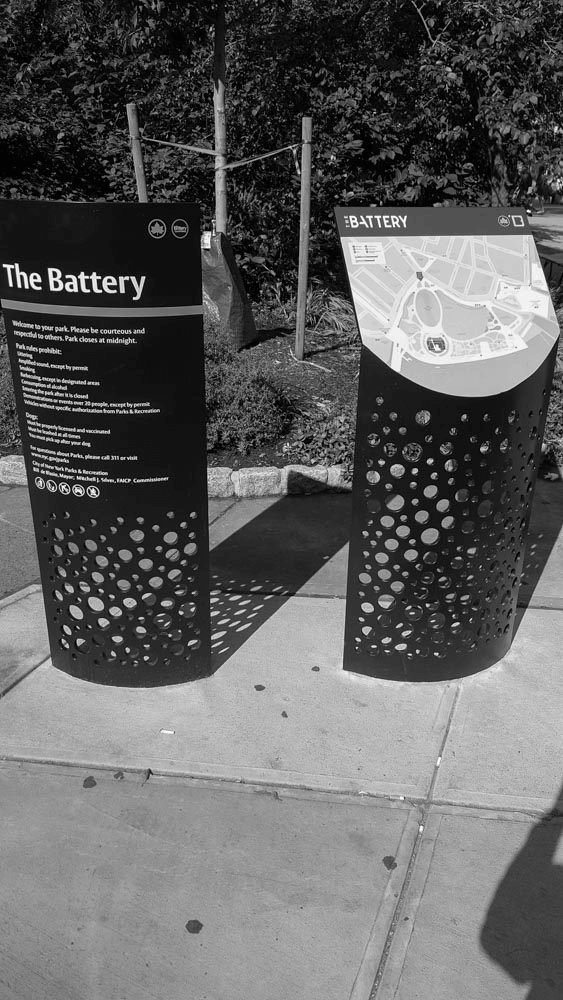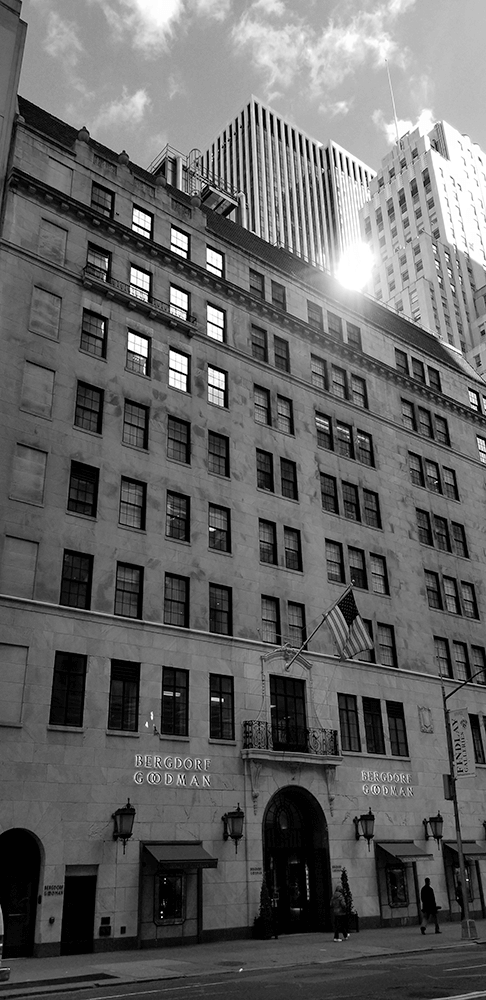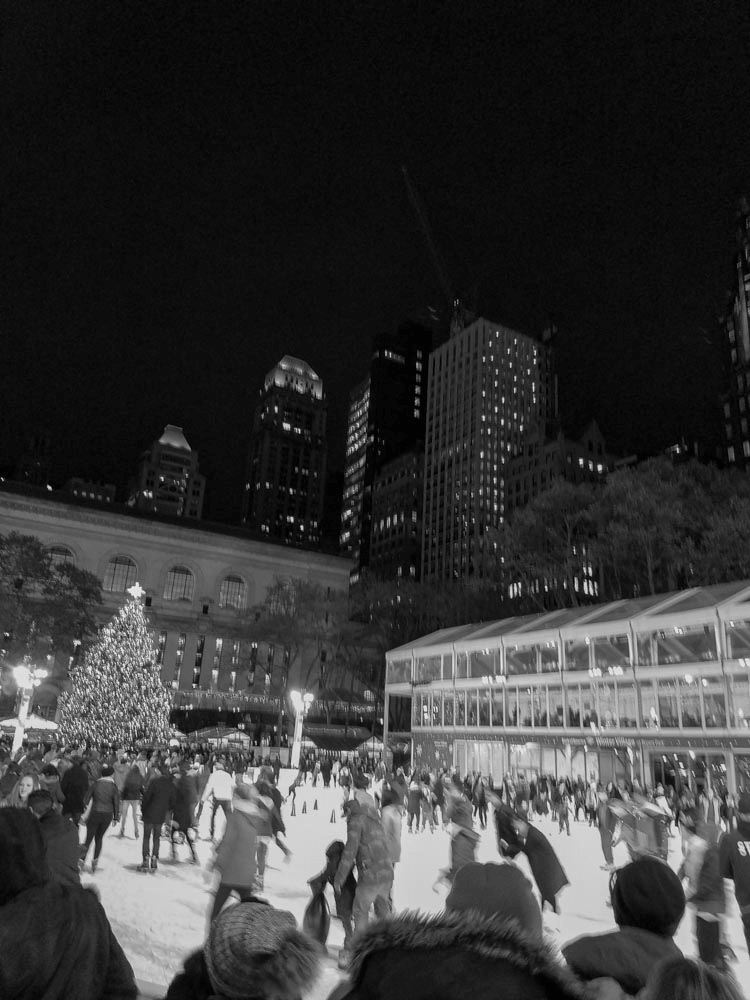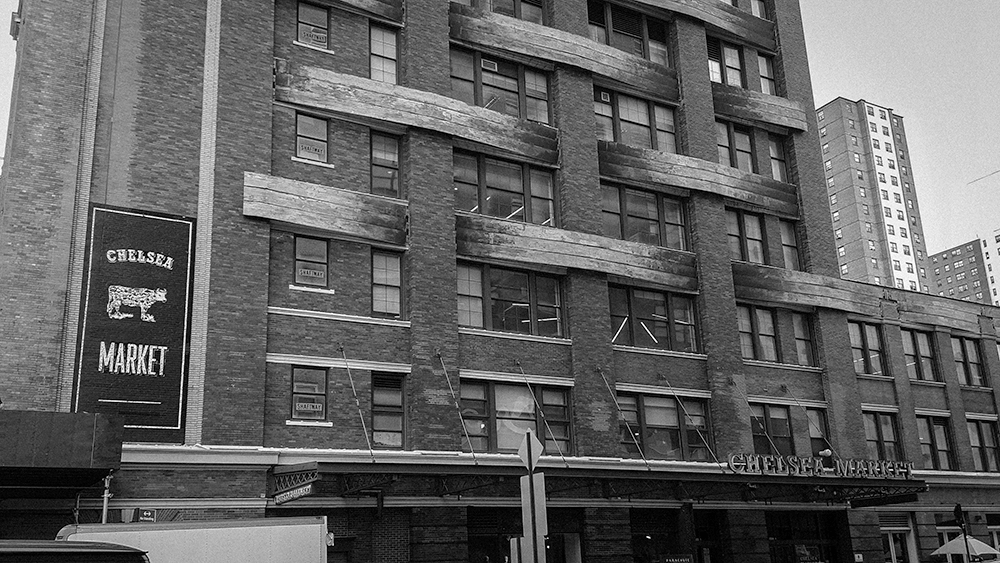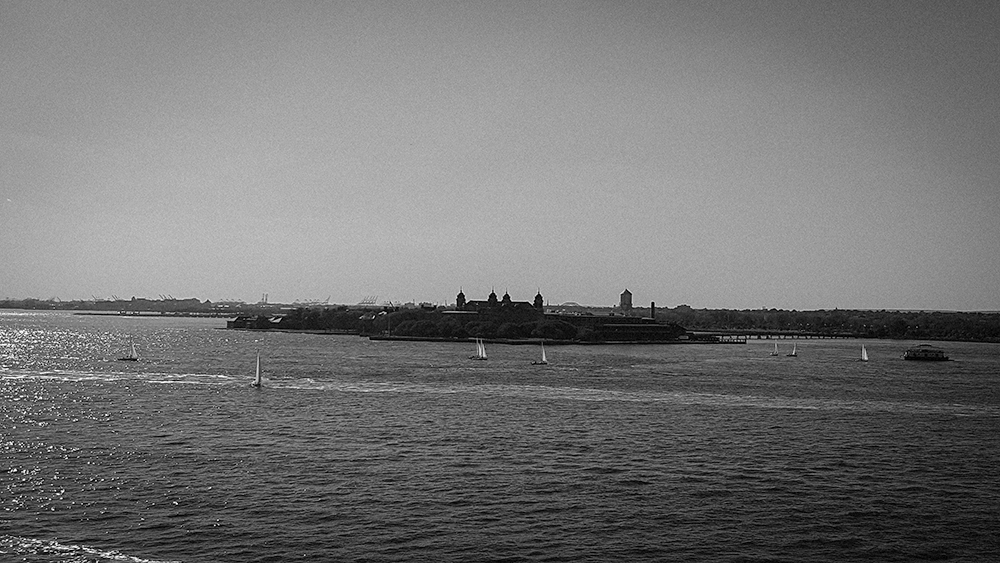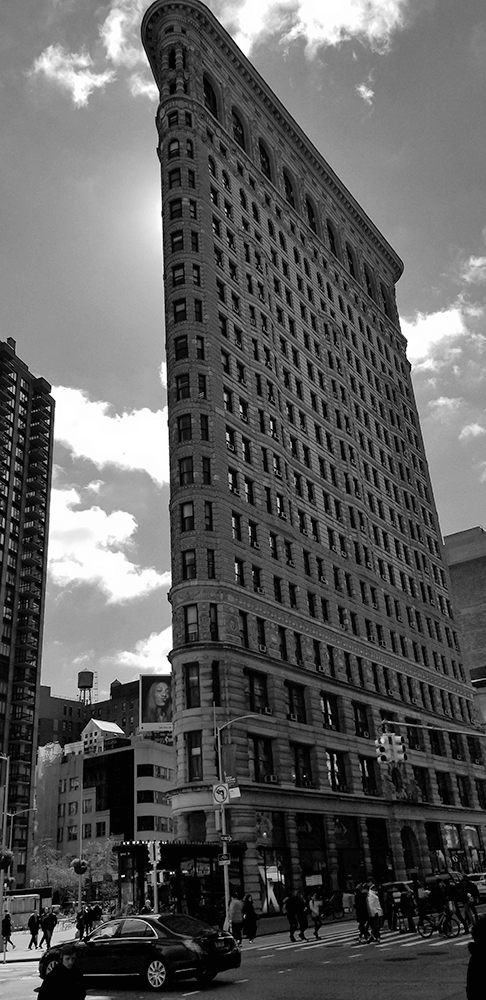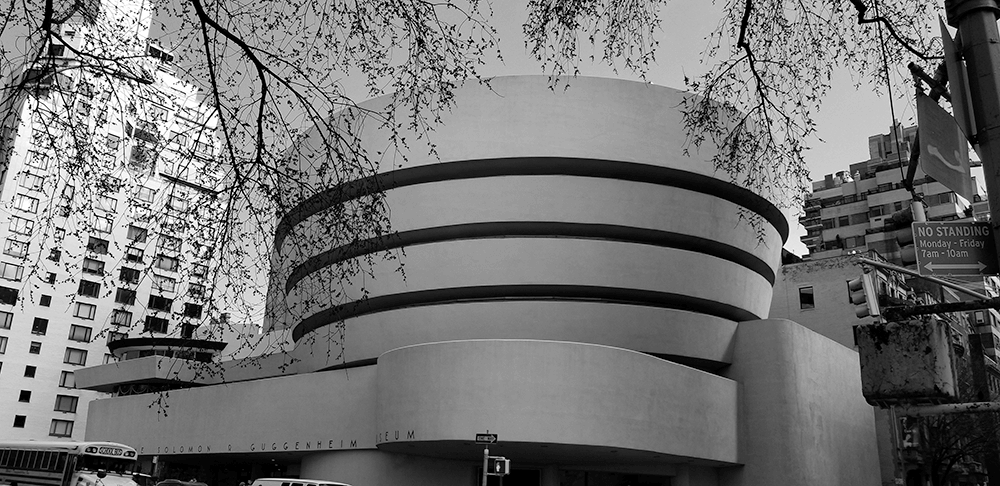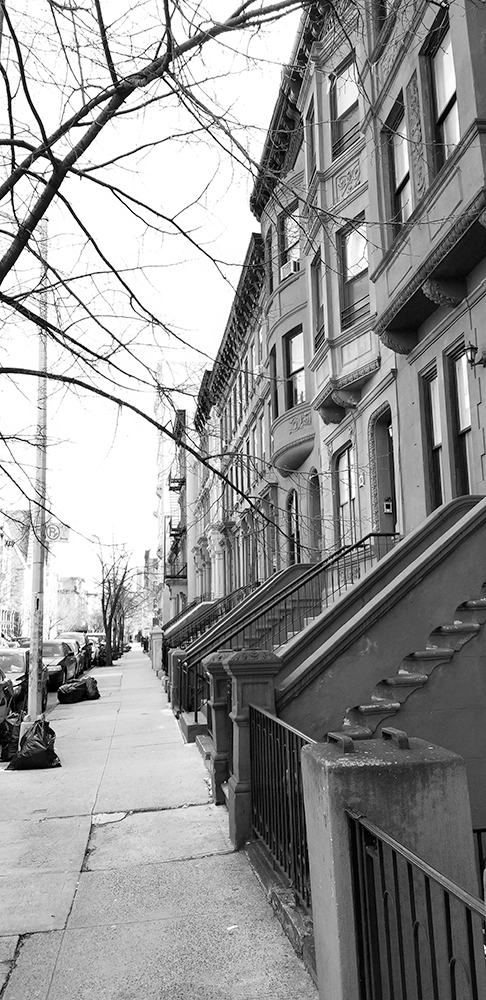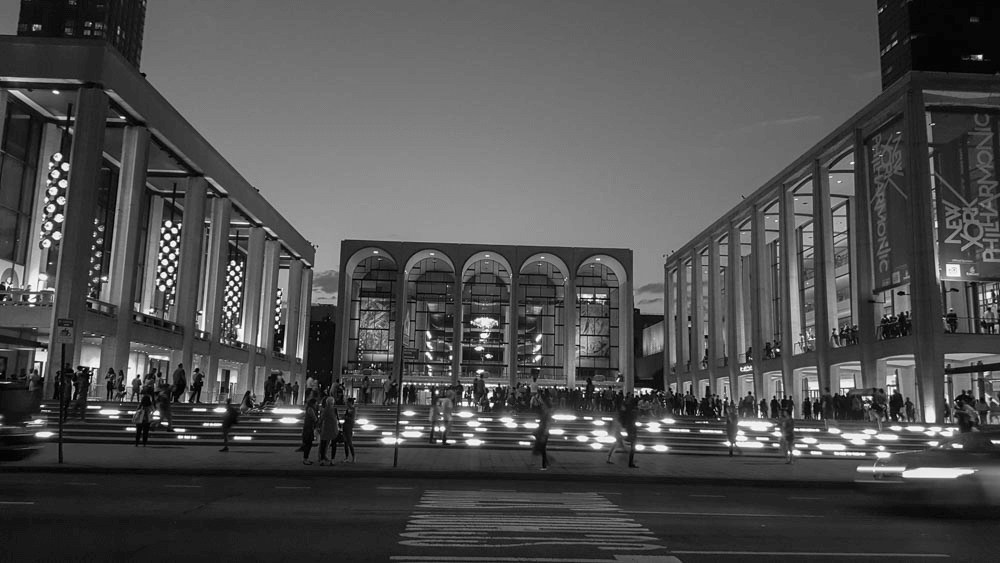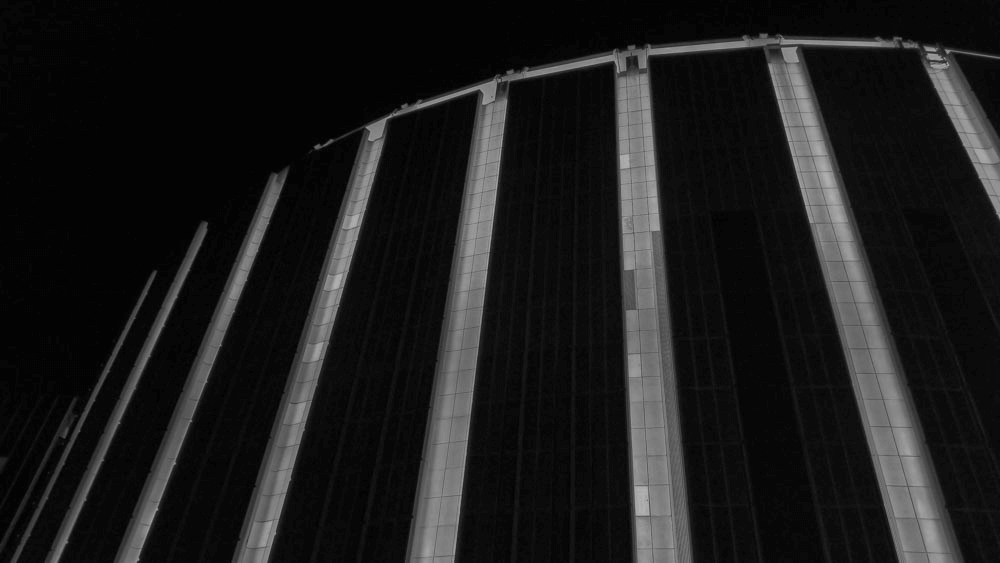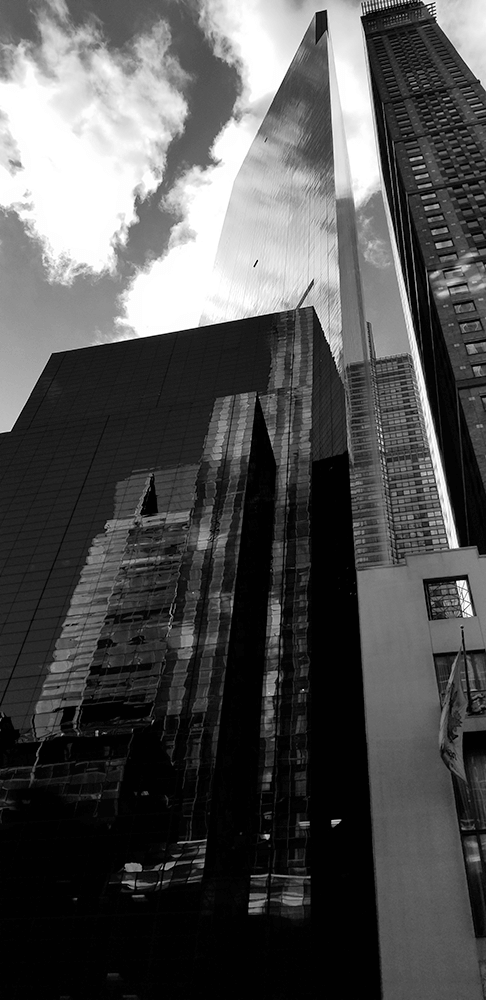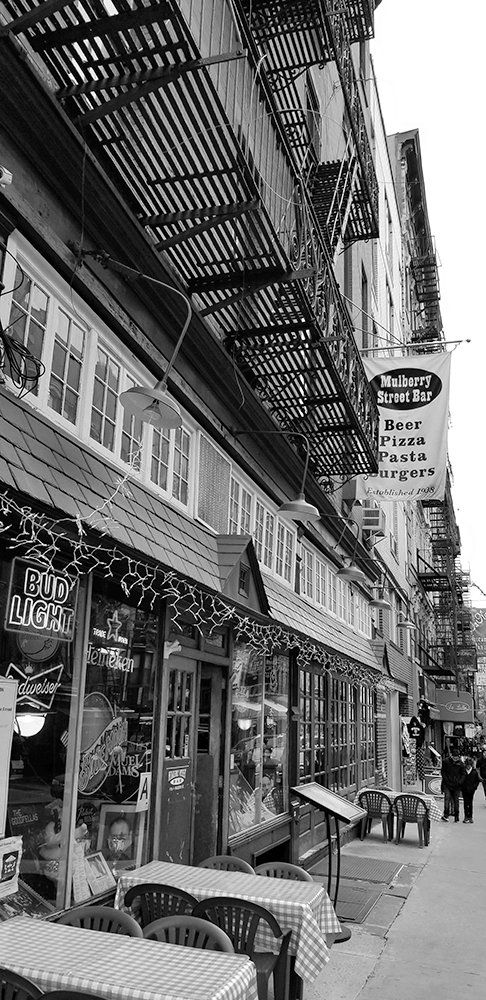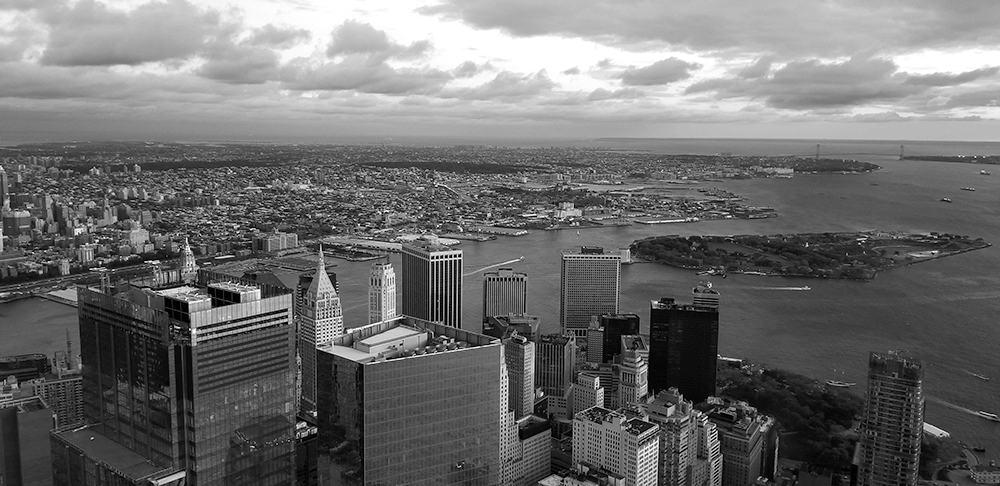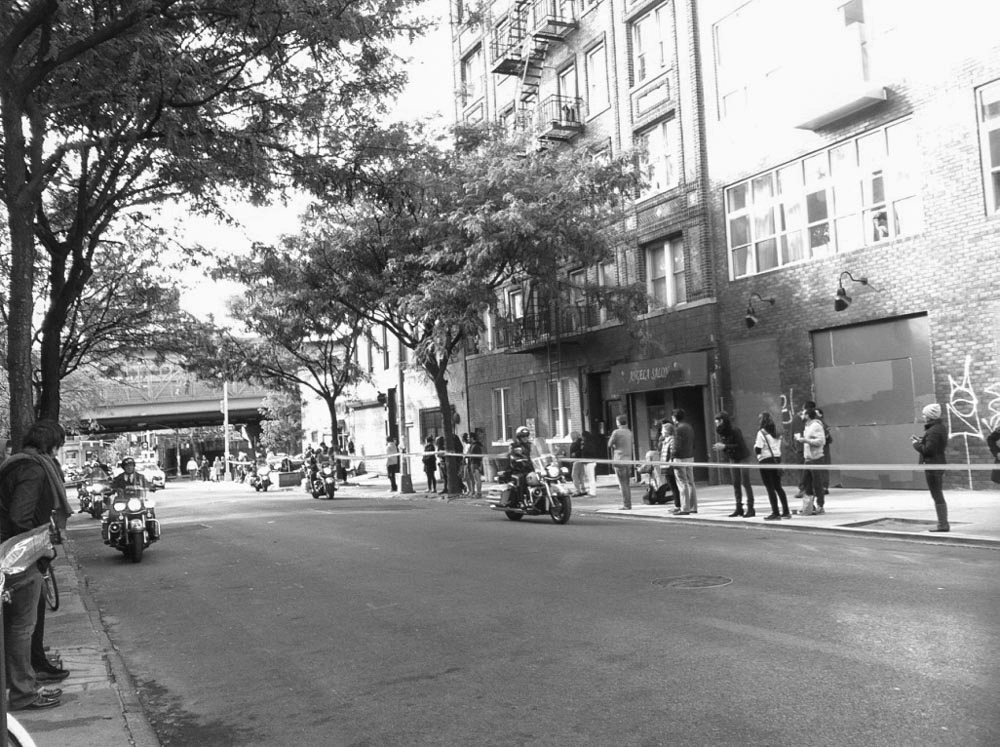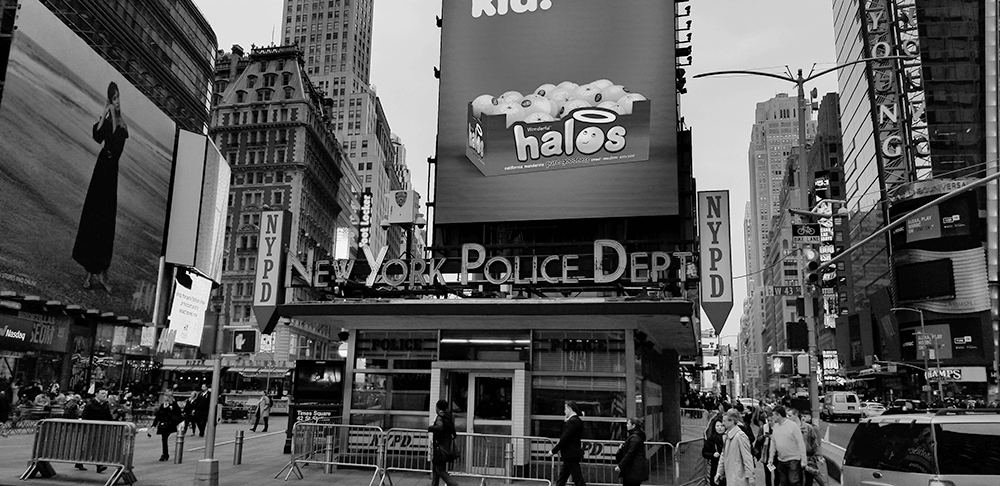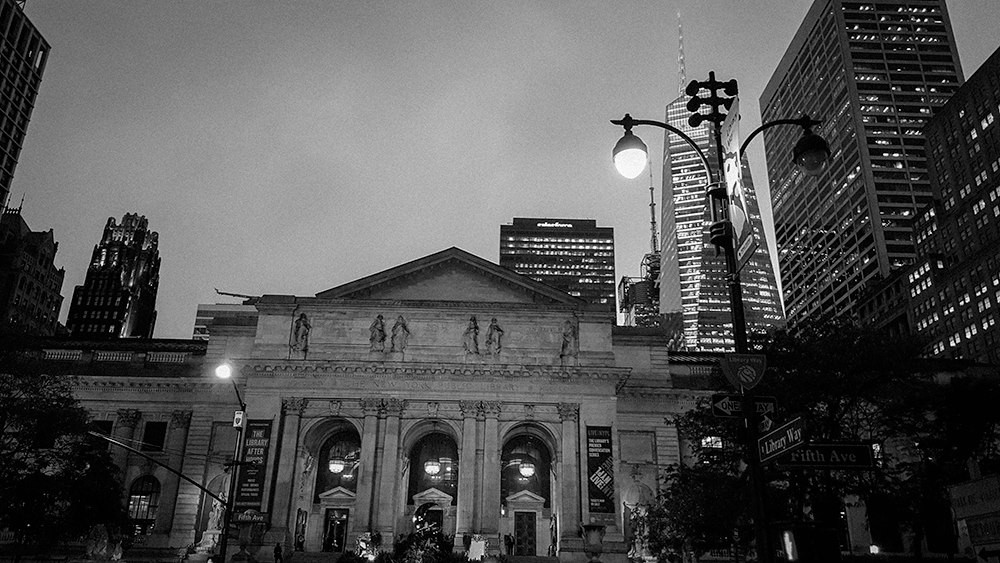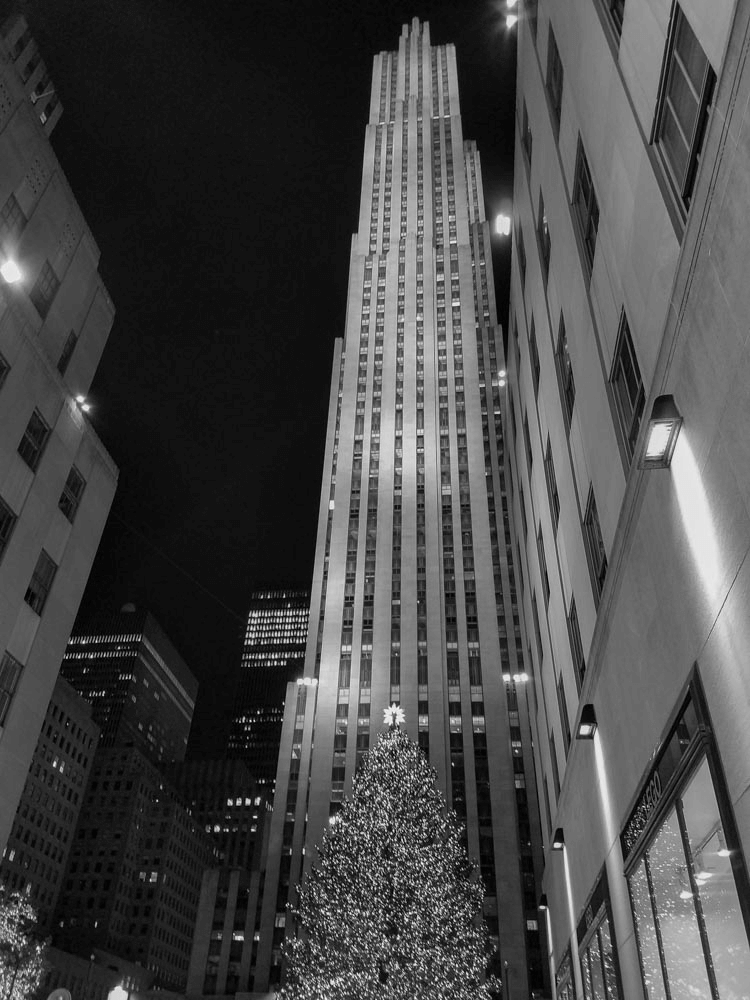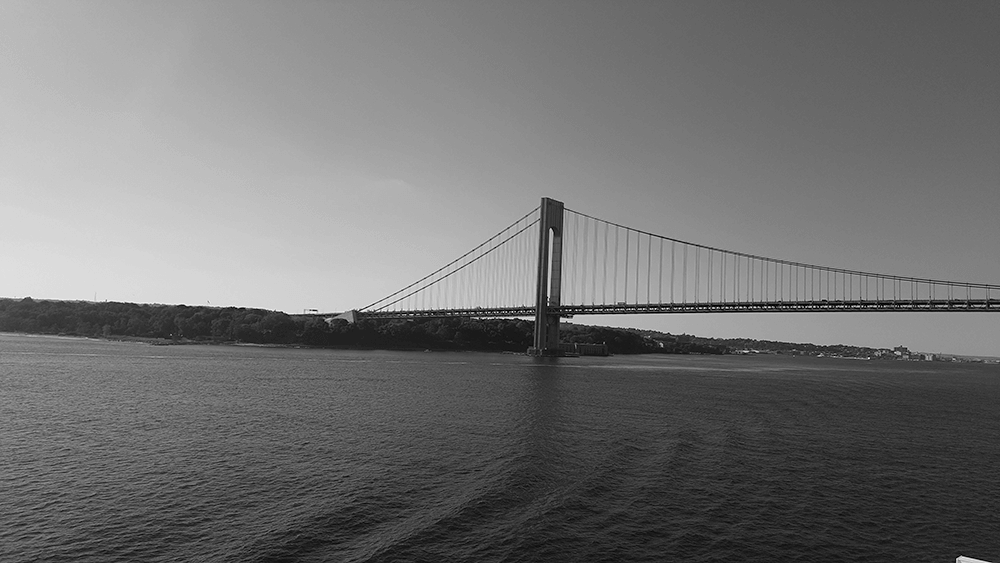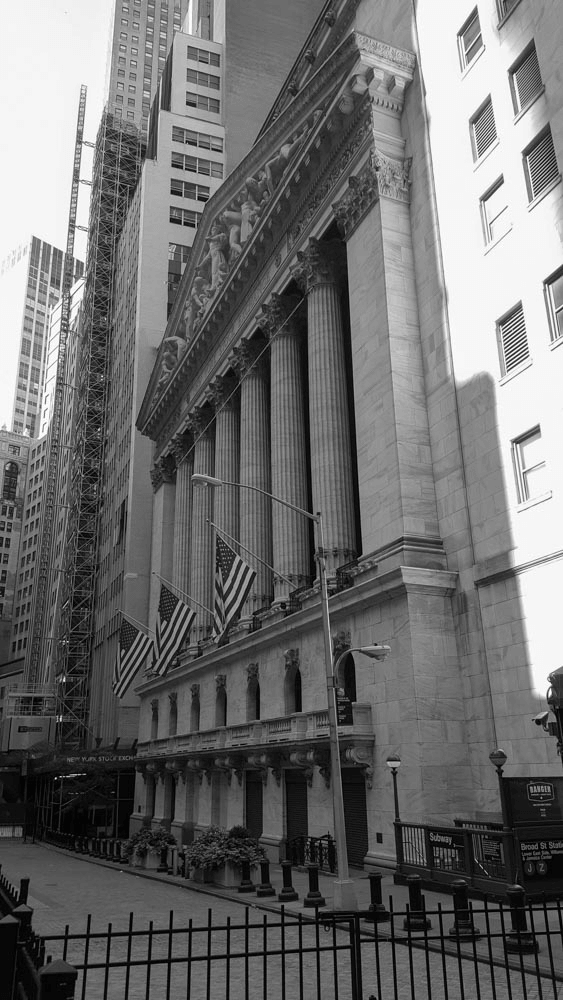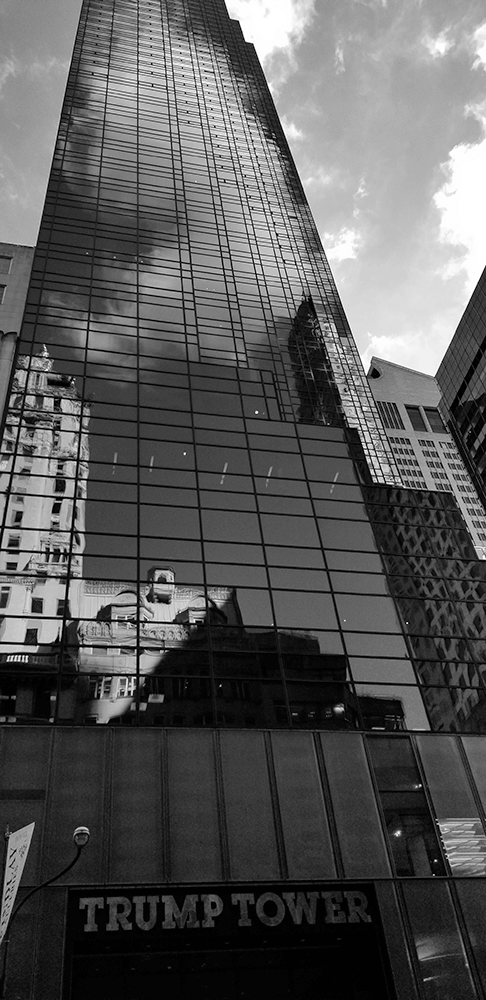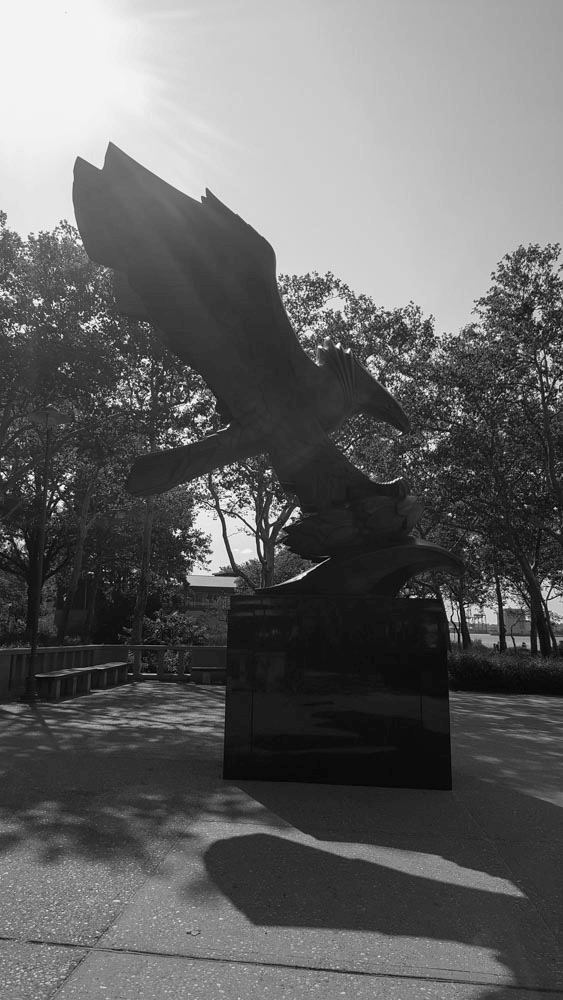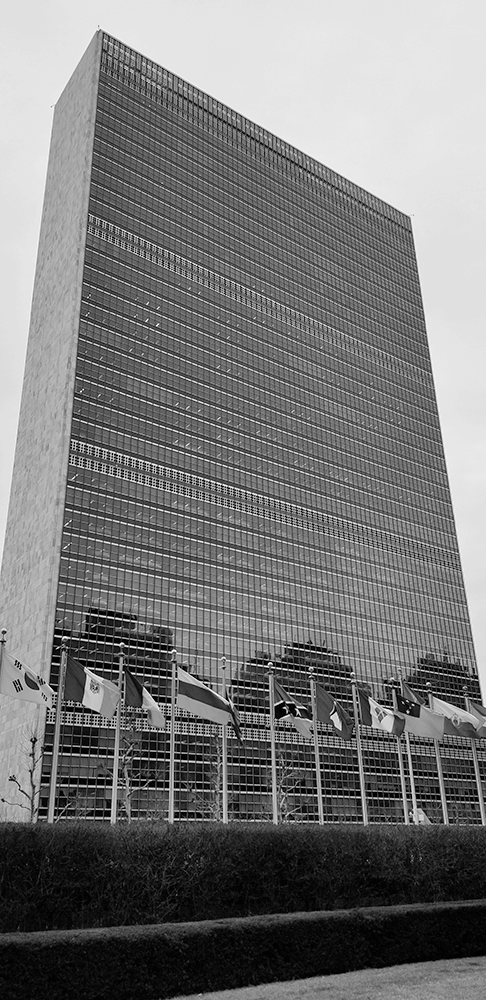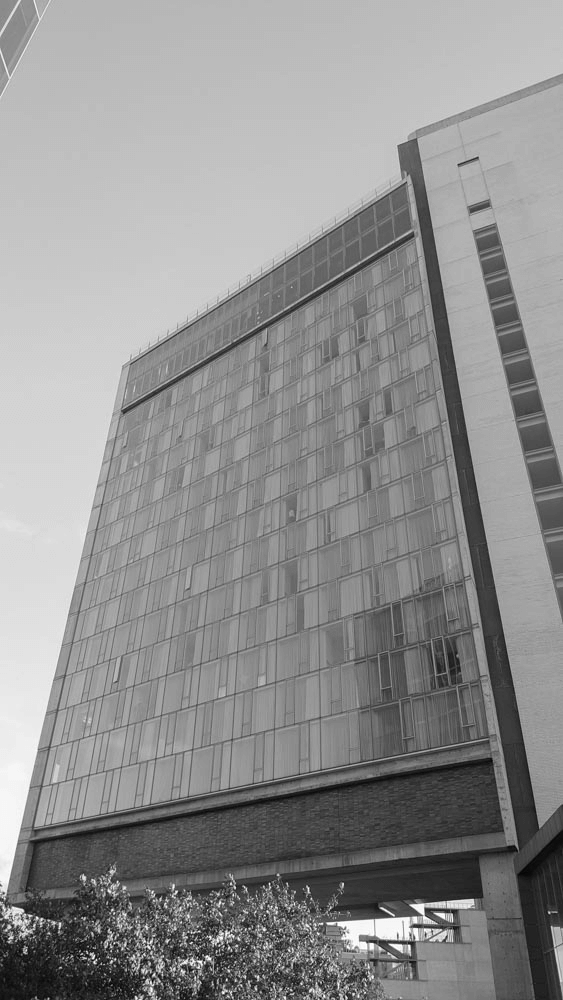Restaurant
Upper West Side
Boulud Sud
Boulud Sud – Ein Fest der mediterranen Küche in New York Boulud Sud ist ein erstklassiges Restaurant in New York City, das die Gäste auf eine kulinarische Reise durch die Aromen des Mittelmeerraums entführt. Gegründet von dem renommierten Küchenchef Daniel Boulud, ist dieses Restaurant ein Teil seines kulinarischen Imperiums und bietet eine exquisite Auswahl an Gerichten, die von den vielfältigen Küchen der Mittelmeerländer inspiriert sind. Mit einem Fokus auf frische, saisonale Zutaten und einer einladenden Atmosphäre hat sich Boulud Sud schnell einen Namen in der Gastronomieszene von New York gemacht. Geschichte und Konzept Boulud Sud wurde 2011 eröffnet und ist das Ergebnis von Daniel Bouluds Vision, die Geschmäcker und Traditionen des Mittelmeerraums in einem eleganten, aber entspannten Ambiente zu präsentieren. Das Konzept des Restaurants basiert auf der Idee, die Gäste mit Gerichten zu begeistern, die sowohl traditionell als auch modern sind. Die Speisekarte ist stark von den kulinarischen Traditionen der Länder rund um das Mittelmeer beeinflusst, darunter Spanien, Italien, Griechenland und Nordafrika. Die Philosophie von Boulud Sud legt großen Wert auf die Verwendung von hochwertigen, nachhaltigen Zutaten. Viele der Produkte stammen von lokalen Bauern und Märkten, was nicht nur die Frische der Gerichte gewährleistet, sondern auch die Verbindung zur Region stärkt. Ambiente und Design Das Innendesign von Boulud Sud ist hell und einladend, mit einem modernen, mediterranen Flair. Warme Farben, natürliche Materialien und stilvolle Akzente schaffen eine angenehme Atmosphäre, die sowohl für ein entspanntes Mittagessen als auch für ein elegantes Abendessen geeignet ist. Die großen Fenster lassen viel Tageslicht herein und bieten einen Blick auf die belebten Straßen von New York. Die offene Küche ist ein weiteres Highlight des Designs, das den Gästen ermöglicht, den Köchen bei der Zubereitung der Gerichte zuzusehen. Diese Transparenz fördert eine Verbindung zwischen den Gästen und dem Küchenteam und verstärkt das Erlebnis der Handwerkskunst. Kulinarisches Angebot Die Speisekarte von Boulud Sud ist ein wahres Fest für die Sinne und umfasst eine Vielzahl von köstlichen Gerichten: Vorspeisen: Die Auswahl an Vorspeisen bietet eine Vielzahl von Aromen und Texturen. Gerichte wie Zucchini Carpaccio mit Zitrusvinaigrette und Tuna Tartare mit Avocado sind nur einige der Highlights. Die kreativen Kombinationen der Zutaten machen jede Vorspeise zu einem Erlebnis. Hauptgerichte: Die Hauptspeisen sind ebenso beeindruckend und reichen von frischen Fischgerichten bis hin zu herzhaften Fleischoptionen. Die Lammkeule wird mit traditionellen Gewürzen zubereitet und ist ein beliebtes Gericht, während die gegrillte Dorade mit mediterranen Kräutern und Zitronenbutter serviert wird, um die Frische des Fisches zu betonen. Pasta und Risotto: Ein besonderes Highlight sind die handgemachten Pasta- und Risottogerichte, die mit saisonalen Zutaten zubereitet werden. Die Tagliatelle mit Meeresfrüchten und das Safran-Risotto sind besonders beliebt und spiegeln die Vielfalt der mediterranen Küche wider. Desserts: Die Dessertkarte bietet eine Auswahl an verführerischen Süßspeisen, die den perfekten Abschluss eines jeden Mahls bilden. Klassiker wie Tarte au Citron und Pistazien-Mousse sind kunstvoll präsentiert und bieten ein harmonisches Zusammenspiel von Geschmack und Textur. Getränkeangebot Boulud Sud bietet eine umfangreiche Weinkarte, die sorgfältig ausgewählte Weine aus verschiedenen Regionen des Mittelmeerraums umfasst. Die Sommeliers sind bestens geschult und helfen den Gästen gerne bei der Auswahl des perfekten Weins, der die Aromen der Speisen ergänzt. Darüber hinaus gibt es eine Auswahl an kreativen Cocktails und alkoholfreien Getränken, die das kulinarische Erlebnis abrunden. Service und Gastfreundschaft Der Service in Boulud Sud ist freundlich, professionell und aufmerksam. Das Personal ist bestens geschult und stets bereit, Empfehlungen auszusprechen und den Gästen ein unvergessliches Erlebnis zu bieten. Die Atmosphäre ist entspannt und einladend, was dazu beiträgt, dass sich die Gäste wohlfühlen und ihren Besuch in vollen Zügen genießen können. Boulud Sud ist ein kulinarisches Juwel in New York City, das die Aromen und Traditionen des Mittelmeerraums feiert. Mit seiner kreativen Speisekarte, dem stilvollen Ambiente und dem hervorragenden Service hat sich das Restaurant schnell einen Namen in der Gastronomieszene gemacht. Ob für ein geschäftliches Mittagessen, ein romantisches Abendessen oder einfach nur, um die Kunst des Essens zu erleben – Boulud Sud bietet ein unvergessliches Erlebnis, das die Gäste immer wieder zurückkehren lässt.
1 2 NYCGO 3 4


